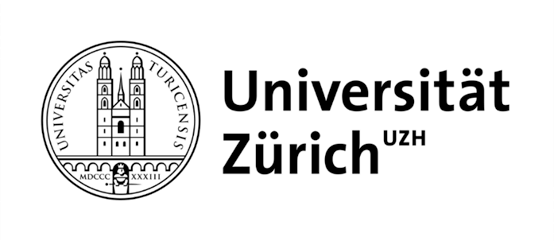News
LISER Researcher Delivers Keynote at University of Zurich
Presenting the prevalence of teacher professional communities across countries and the methodology that allows for such valid comparisons.
On October 11th, LISER researcher, Dr. Catalina Lomos, spoke at University of Zurich, delivering the keynote “Teacher professional communities in European countries – prevalence and relationships with school effectiveness indicators”. She was invited to speak in the guest lectures coordinated by Prof. Dr Katharina Maag Merki and Prof. Dr. Elisabeth Moser Opitz, at the Institute of Education, in the context “Educational Evaluation, Accountability and School Improvement”.
Catalina’s keynote shed light on the results from her recent publications and work in progress, using large-scale assessment data of 35’000 secondary teachers in 22 European countries. She presented relationships found in these countries between teacher professional community practices and several school effectiveness indicators, such as distributed leadership, school discipline and bullying, among others. Moreover, she presented the prevalence of professional community practices in these European countries and reflected on what could determine these differences. The interaction with the audience was rich especially on the methodology that allows comparing these average scores and relationships across countries. Their interest was focused on how a non-equivalent measurement of the latent concepts of interest might affect the magnitude of the relationships across groups and the comparative conclusions we draw.
Catalina Lomos is a researcher in education, who obtained a Research Master degree and a PhD degree from University of Groningen, the Netherlands. Since 2012, she has been performing her research at LISER, as a post-doctoral and later on full-time researcher. Her research has been performed within the framework of the school effectiveness and school improvement, with a focus on school and teacher learning processes and their relationships with student success. Her PhD work defined and measured comprehensibly the concept of Teacher Professional Community and related its functioning with student achievement level in secondary schools.







